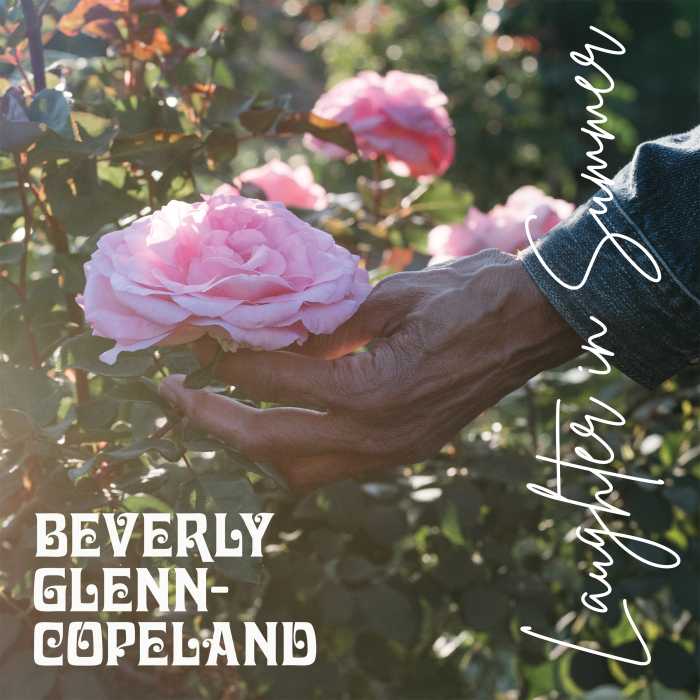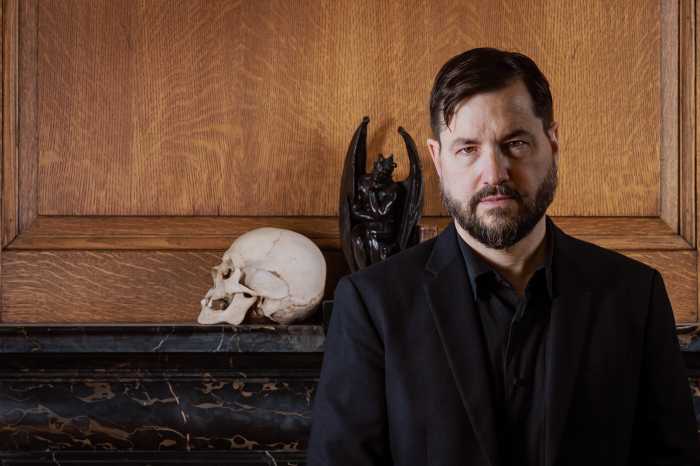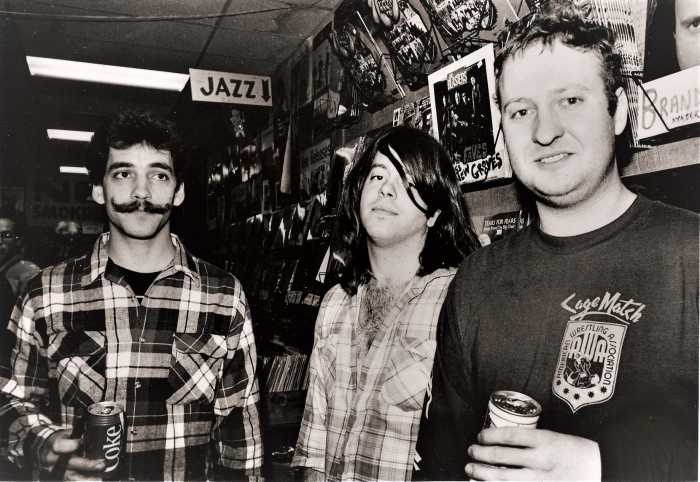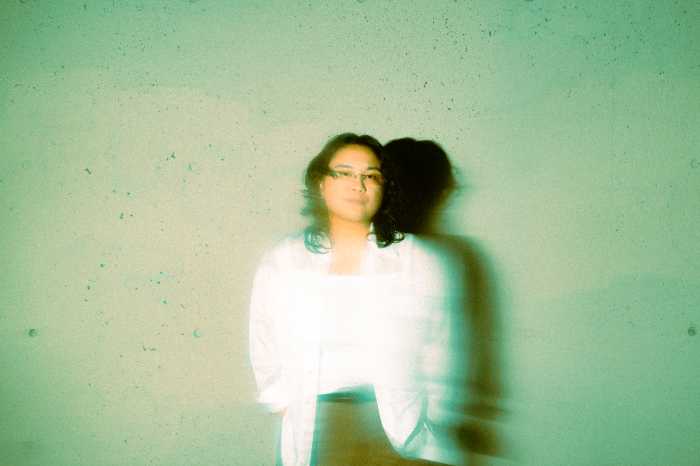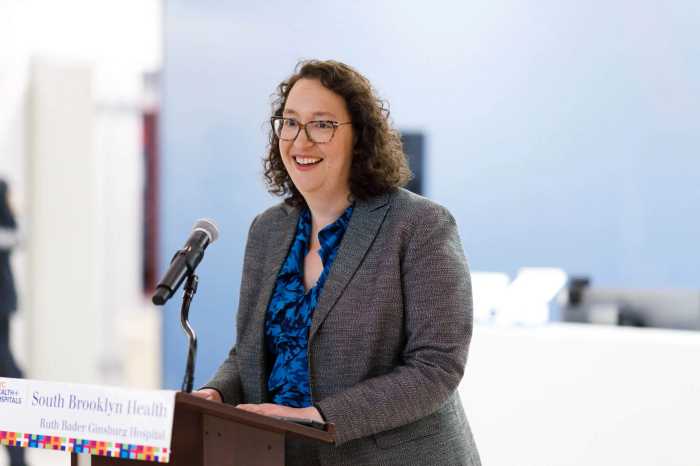Philip Glass, Nico Muhly, Peter Maxwell Davies go current
Opera is usually considered a cultural repository of older works that glorify the ideals and delve into the obsessions of past generations.
Certain hot button socio-political themes, however, inspire contemporary composers, allowing the zeitgeist to play funny tricks on this seemingly retrograde art form.
In November, three operas playing uptown in Lincoln Center dealt with civil disobedience, student revolts, and rebellion against oppressive government and religious patriarchy, while downtown the Occupy Wall Street demonstrations continued to spotlight the unrest in America’s soul.
The Metropolitan Opera led with a superb revival of Philip Glass’ “Satyagraha” in Phelim McDermott and Julian Crouch’s visionary 2008 production. I came to this opera with little expectation and was immediately seduced by a musical and visual feast of hypnotically beautiful musical patterns, dream logic pageantry, and inspiring abstract musical drama.
Glass’ 1979 score seemed to me a minimalist Bach “Passion,” depicting a spiritual journey led by an evangelist leader –– here, Mohandas K. Gandhi –– inspiring his followers and foes with a new sense of themselves and the world. Exactly as in Bach, beautiful modal melodies are given to the tenor Evangelist and repeated by the soloists and chorus with subtle variations and descants. The pulsating orchestral fabric –– transparent and ecstatic –– suggests both emotional unrest and spiritual awakening.
The story of how Gandhi formed his doctrine of non-violent passive resistance against racist repression by South Africa’s British rulers was told through a series of abstract tableaux sung to Sanskrit texts taken from the “Bhagavad-Gita.” The closest we came to literal dramaturgy was the finale of Act II, scene three where the Satyagrahis (followers of the truth force) burn their identity cards in a circle of flames to protest the Black Act.
McDermott and Crouch choreograph dancers, mimes, and acrobats manipulating simple objects like newspapers and puppets to create a kind of street circus of symbolic imagery. Tenor Richard Croft as Gandhi knew the power of repose while singing with transcendent vocal beauty. One cannot praise enough the musicianship, commitment, and command of the Metropolitan Opera soloists, orchestra, and chorus led by Dante Anzolini in a very alien and novel musical idiom.
The hotly fashionable 30-year-old composer Nico Muhly has been a vocal admirer and advocate for “Satyagraha.” On November 9, he premiered his new opera “Dark Sisters” under the auspices of Gotham Chamber Opera. The new work, set to a libretto by Stephen Karam (“Sons of the Prophet”), had a high-profile opening night before an audience that included such glitterati as Rufus Wainwright, Isaac Mizrahi, and Jonathan Groff. The heightened expectations, press hype, and chi-chi aura about the event created something of a critical backlash against the wunderkind, obscuring Muhly’s success in composing an attractive, workable piece of musical theater.
The plot concerns one woman’s self-realization and revolt against the Fundamentalist Church of Jesus Christ of Latter Day Saints (FLDS), a separatist polygamous Mormon sect. Eliza’s break with the Church and her self-styled “prophet” husband divides her from her four other sister-wives and even her own daughter. Karam’s libretto was straightforward, telling a powerful story in little more than 90 minutes.
Muhly’s instrumental music, heard at a Le Poisson Rouge preview concert, shows a more individual compositional style. “Dark Sisters” was grounded in a tense tonal vocabulary with occasional dissonances used for dramatic special effects. The occasional quotes from American hymnal music put me in mind of Aaron Copland but even more of Tobias Picker’s “Emmeline.” These are not bad models, and Muhly showed a confident command of orchestral and vocal writing.
None of the solo vocal pieces had a memorable musical profile, but all of them established a dramatic point, sat well on the singer’s ranges, and supported clarity of text. I never had to look at the surtitles and was always engaged.
The cast was led by the gripping, moving performance of soprano Caitlin Lynch as Eliza, with such underused but excellent singers as Kevin Burdette, Margaret Lattimore, Eve Gigliotti, Jennifer Zetlan, and Jennifer Check as her husband and sister-wives. Neal Goren’s conducting and Rebecca Taichman’s direction made the tiny John Jay auditorium feel as though it housed a huge orchestra and vast stage.
The Juilliard School, meanwhile, added to the metatheatrical mix with the US premiere of Peter Maxwell Davies’ “Kommilitonen!” (“Fellow Students!”). Composer Davies and librettist David Pountney created this work, based on their own activist firebrand ’60s youth, for student performers today who are members of a far more complacent generation. Well, things change! On opening night, a student demonstration planned to disrupt the performance –– as part of “Occupy Opera!,” an effort to “occupy the favorite leisure activity of Wall Street's residents” –– took place outside after the show.
Pountney, who also directed, interweaves three tales of student activism in very different times and places in 20th century history –– the Weisse Rose university revolt against the Nazi regime in World War II Germany, James Meredith’s 1962 enrollment as the first black student at the University of Mississippi, and the brainwashing of children to spearhead China’s Cultural Revolution against their own parents.
Davies’ score is familiar 1970s brooding, low-key modernist atonality with percussive declamatory vocal lines. There were a few nods to period style–– banal Chinese marches, 1960s jazz, and even a Schumann pastiche. Deanna Breiwick’s radiantly sung Sophie Scholl, one of the anti-Nazi students, and Will Liverman’s dignified James Meredith stood out among the numerous young performers. Davies’ opera perhaps isn’t great on its own terms, but its message came across with power thanks to the impassioned performances.
At the final performance of “Satyagraha” on December 1, the Occupy Wall Street protesters gathered outside the Lincoln Center Plaza, with Philip Glass reciting the final words of his opera to the general assembly that came together: “When righteousness/ Withers away/ And evil / Rules the Land/ We come into being/ Age after age/ And take visible shape/ And move/ A man among men/ For the protection/ Of good/Thrusting back evil/ And setting virtue/ On her seat again.”
With this, the barrier between classical music and the nation’s current sociopolitical discourse was breached.

